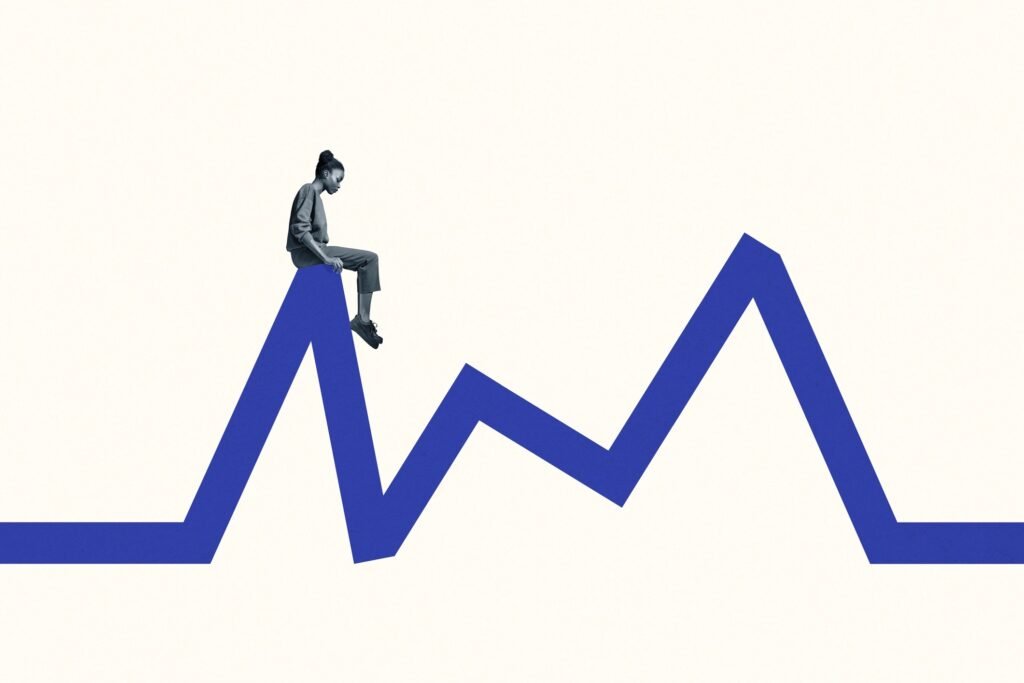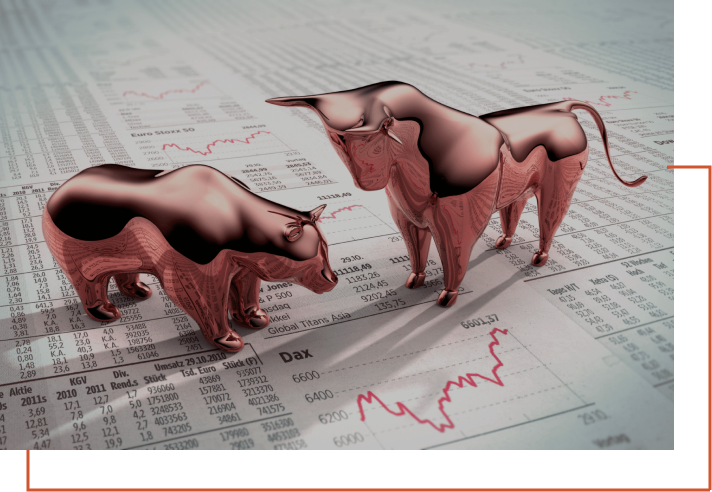psychological traps investors should avoid
8 Psychological Traps Investors Should Avoid
Many authors have written on mental or behavioral traps that lead humans withinside the incorrect path with their lives in general. Quite frequently, a few conventional sorts of dysfunctional psychology are immediately obtrusive in making an investment conduct. Here, we check 8 not unusualplace mental traps that traders can fall sufferer to, as diagnosed with the aid of using behavioral finance.
KEY TAKEAWAYS
- Behavioral finance applies findings in cognitive psychology to investor conduct to perceive
- Several biases or “traps” had been catalogued hence far, together with anchoring to an arbitrary variety and being overconfident.

1. Anchoring Trap
First, there may be the so-known as anchoring trap, which refers to an over-reliance on what one at first thinks. Imagine making a bet on a boxing suit and deciding on the fighter basically with the aid of a user who has thrown the maximum punches of their closing 5 fights.
You might also additionally pop out all proper with the aid of using choosing the statistically more-lively fighter, however, the fighter with the least punches might also additionally have received 5 bouts with the aid of using first-spherical knockouts. Any metric can grow to be meaningless while its miles are taken out of context.
For instance, in case you consider a sure organization as successful, you’ll be too assured that its shares are a terrific bet. This preconception can be wrong withinside the triumphing scenario or sooner or later withinside the future.
2. The sunk cost trap
The sunk cost trap is just as It’s about psychologically (but not really) protecting your previous choices or decisions, which is often disastrous for your investments. It’s really hard to take a loss and / or accept that you made the wrong choices or that someone else is doing them for you. But if your investment isn’t doing well or collapses quickly, the sooner you come out of it and look to something more promising, the better.
If you had held onto the stocks you bought in 1999 during the height of the dot.com boom, you would have had to wait a decade to break even, and that’s for non-tech stocks. better not to hang on to sunk costs and enter other rapidly growing asset classes.Emotional commitment to bad investments makes matters worse


3. Confirmation track
Likewise, in the confirmation trap, people often search for others who have made and still make the same mistake. Make sure you get objective advice from new sources, rather than going to the person who gave you the wrong advice in the first place. If you catch yourself saying something like, “Our stock is down 30%, but you better hang on to it, right?” »You are therefore looking for confirmation from another unfortunate investor in the same situation. You can take comfort in the short term, but it is only an illusion.
4. Blindness trap
Situational blindness can make the situation worse. Even people who aren’t specifically looking for confirmation often simply rule out prevailing market realities to do nothing and delay the bad day when losses need to be dealt with.
If you know deep down that there is something wrong with your investments, like a major corporate scandal or market warnings, but you read everything online except financials, then you are probably suffering from this blinker effect.


5. Relativity Trap
The Relativity Trap is also here to get you lost. Each has a different psychological structure, combined with a unique set of circumstances that extend to work, family, career prospects, and likely inheritances. This means that while you should be aware of what other people do and say, their situations and opinions are not necessarily relevant outside of their context.
“I think a lot of people tend to equate their self-esteem with their income, or think that social media these days is pressuring people to look like they’re doing better than they are. are. And because of that people feel bad, “said Amy Morin, editor-in-chief of Verywell Mind.” We’re looking at someone else who has a new car or someone else whose house is beautiful and we think, ‘Oh, why don’t I have it?’ And these emotions excite, I think for a lot of people it’s really difficult. So how do you decide what you value in life and what is most important? “
Attention, but also attention! You must invest for yourself and only in your context. Your friends may have both the money and the risk predisposition to speculate on the future of the pig belly (as in the movie Trading Places), but if you’re a modest and nervous person, this isn’t for you.
6. The trap of irrational exuberance
When investors begin to believe that the past equals the future, they behave as if there is no uncertainty in the market. Unfortunately, uncertainty never goes away.
There will always be highs and lows, overheated stocks, bubbles, mini-bubbles, industry-wide losses, panic sales in Asia and other unforeseen events in the market. Believing the past predicts the future is a sign of overconfidence enough investors are overconfident, we have the conditions for Greenspan’s infamous “irrational exuberance”, where investor overconfidence boils down to greed and pushes the market to the point where a huge correction is inevitable.
The investors who are hit the hardest – the ones who are still in line right before the correction – are often the arrogant ones who are sure the bull run will last forever. Believing that a bull won’t cheat on you is a surefire way to get yourself crowned.


7. PeudoCertainty Trap
This sentence is an observation of the perception of risk by investors. Investors will limit their risk exposure if they think their investment portfolio/return will be positive – essentially to hedge the lead – but will always look for more risk if it looks like they are heading for a loss.
Fundamentally, investors avoid risk when their portfolios are doing well and could take more, and seek risk when their portfolios are in trouble and do not need to be exposed to more exposure to possible losses. This is largely due to the take-back mentality: investors are willing to raise the stakes to “get” the capital, but not to create more. How long would a racing driver survive if he only used the brakes when he was in the lead?
8. Supperity traps
For some people, the superiority trap is extremely dangerous. Many investors have lost their chance because they think they are better than others. Plus, these people are easy prey for some of the other traps mentioned above.
There are (and always have been) finance professors at top universities who are brilliant – technically speaking – and this can make them think that making money is easy in the real world. Some cut it off, but others are waiting for a rude awakening beyond the Ivory Tower. Strange as it may sound, someone with a Ph. In finance can indeed lead you in the wrong direction (e.g., overly calculating, overconfident), while someone with no more than A high school diploma can be incredibly market sensitive and make a fortune






